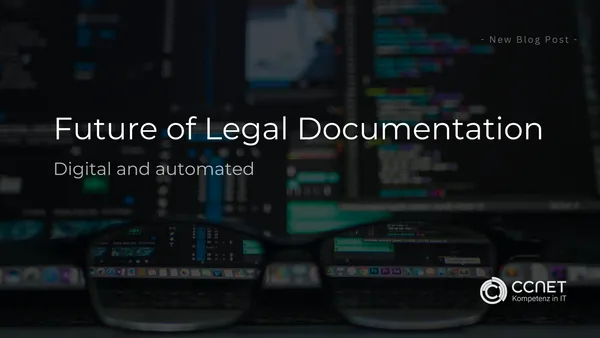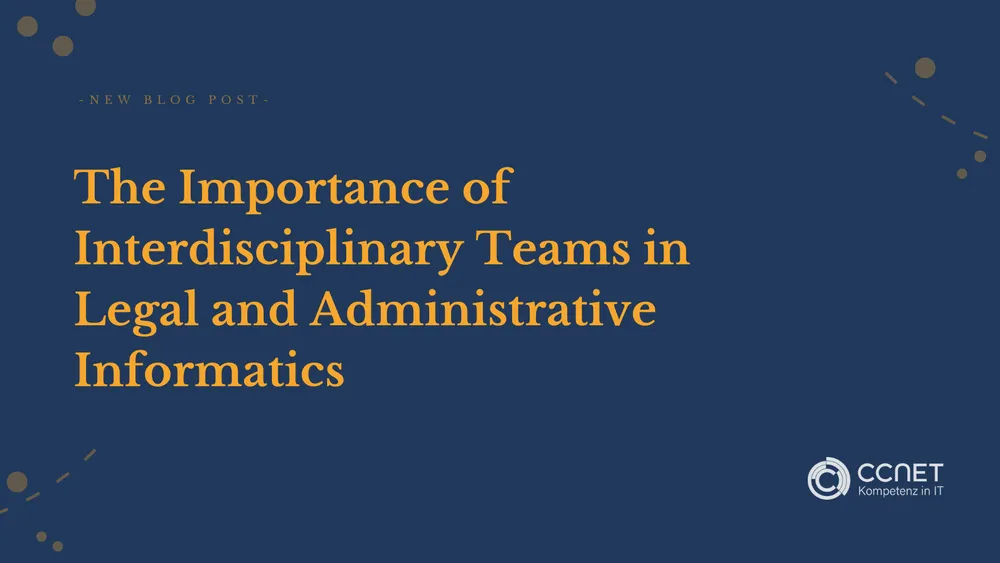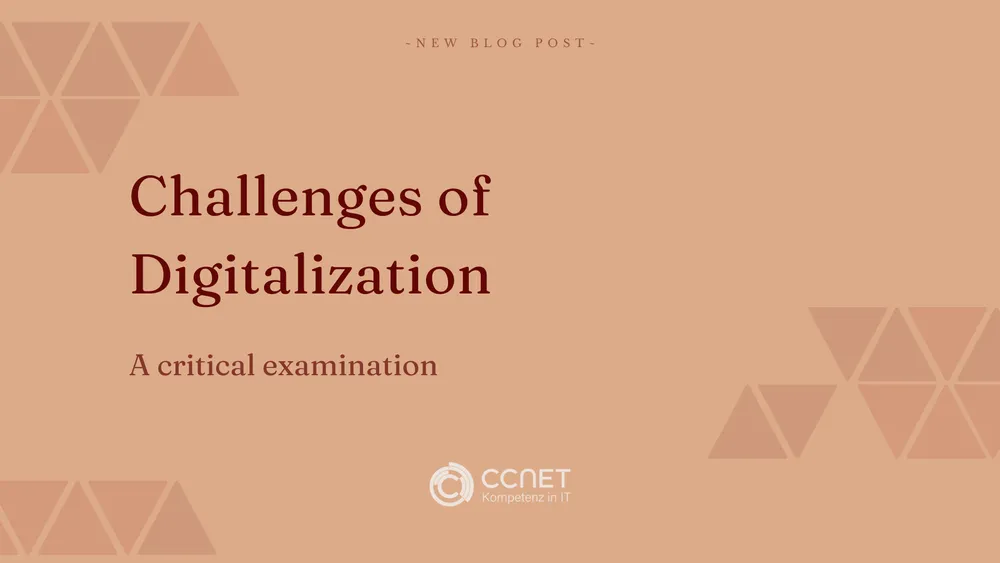
CCNet
Jul 15, 2024 • 3 min read

Future of Legal Documentation: Digital and Automated
The future of legal documentation is defined by advanced digitalization and automation. This development is not only inevitable but also crucial for the transformation of traditional legal systems. This article explores how digital technologies are revolutionizing legal documentation and the potential and challenges that come with it. From integrating artificial intelligence for more precise analyses to implementing blockchain-based solutions for secure document management, a wide range of innovative approaches is discussed. Ethical questions around data protection and accessibility are also addressed to ensure that this transformation is fair and beneficial to everyone.
Development of Digital Legal Documentation
Legal documentation has already established itself and is continually being expanded, especially through the networking of data storage in electronic registers and databases. In Germany, this is being implemented through the Register Modernization Act. These developments not only facilitate access to legal information but also significantly improve the efficiency and transparency of legal processes, which in turn contributes to an accelerated digital transformation of the legal system.
Blockchain as an Innovation Driver
A particularly innovative field in digital legal documentation is blockchain technology. It allows for the secure and transparent documentation of legal documents, situations, or data changes. This has implications not only for legal documentation itself but also for legal automation, as legal processes like contract signings (smart contracts) are increasingly digitized. Additionally, blockchain technology offers the possibility of ensuring the integrity and authenticity of documents across various systems, which can be especially useful in cross-border legal matters.
Challenges of Digital Legal Documentation
Despite the many advantages, the digitalization of legal documentation also brings challenges, particularly regarding data protection requirements and the need to ensure high data quality. Moreover, automation requires careful consideration of the legal framework to ensure that automated processes comply with the law. Organizations may also need to invest in training and education to ensure that employees can effectively use the new digital tools.
Future Perspectives and Technologies
The further development of legal documentation will likely be driven by even more advanced technologies such as AI-powered analytical tools that can help manage documents more efficiently and automate legal processes. The integration of these technologies will require continuous review and adjustment of legal provisions to prevent misuse and maintain the integrity of the legal system. As these innovations emerge, legal systems must also ensure that new technologies are used ethically and legally to ensure fair and just outcomes.
Conclusion
Digital legal documentation is a critical step in the evolution of law. It offers the potential to work faster, more efficiently, and with greater transparency, but it also brings new demands to the system and its users. The future will be characterized by further integration of information technology into the legal field, leading to a profound transformation of legal practice and administration. This transformation will not only change the way law is documented and managed but also redefine the relationship between legal systems and technology providers.
How do you see the balance between technological innovation and maintaining legal standards in the future of legal documentation? What further developments do you expect in this field?
How is blockchain used in digital legal documentation?
Blockchain enables legal documents and data changes to be documented securely and transparently. It ensures the integrity and authenticity of documents and is particularly useful for cross-border legal matters and smart contracts.
Which technologies will shape the future of legal documentation?
Advanced technologies such as artificial intelligence (AI) and blockchain will revolutionise legal documentation. AI-driven analysis tools will help to manage documents efficiently and automate processes.
What are the challenges of digital legal documentation?
The main challenges are data protection requirements and the need to ensure high data quality. In addition, the legal framework must be adapted to ensure that automated processes are legally sound.
How is data protection ensured in digital legal documentation?
Digital documentation systems must incorporate strict data protection measures to ensure the protection of personal data. This requires continuous adaptation to new technological developments and legal requirements.
How will digital legal documentation improve efficiency and transparency in the legal system?
The networking of data and the introduction of electronic registers will facilitate access to legal information. This will lead to greater efficiency and transparency in legal processes and accelerate the digital transformation of the legal system.
What ethical issues are associated with digital legal documentation?
Ethical standards must be taken into account to ensure that new technologies are used responsibly. Maintaining justice and fairness is crucial to preventing abuse and discrimination.


